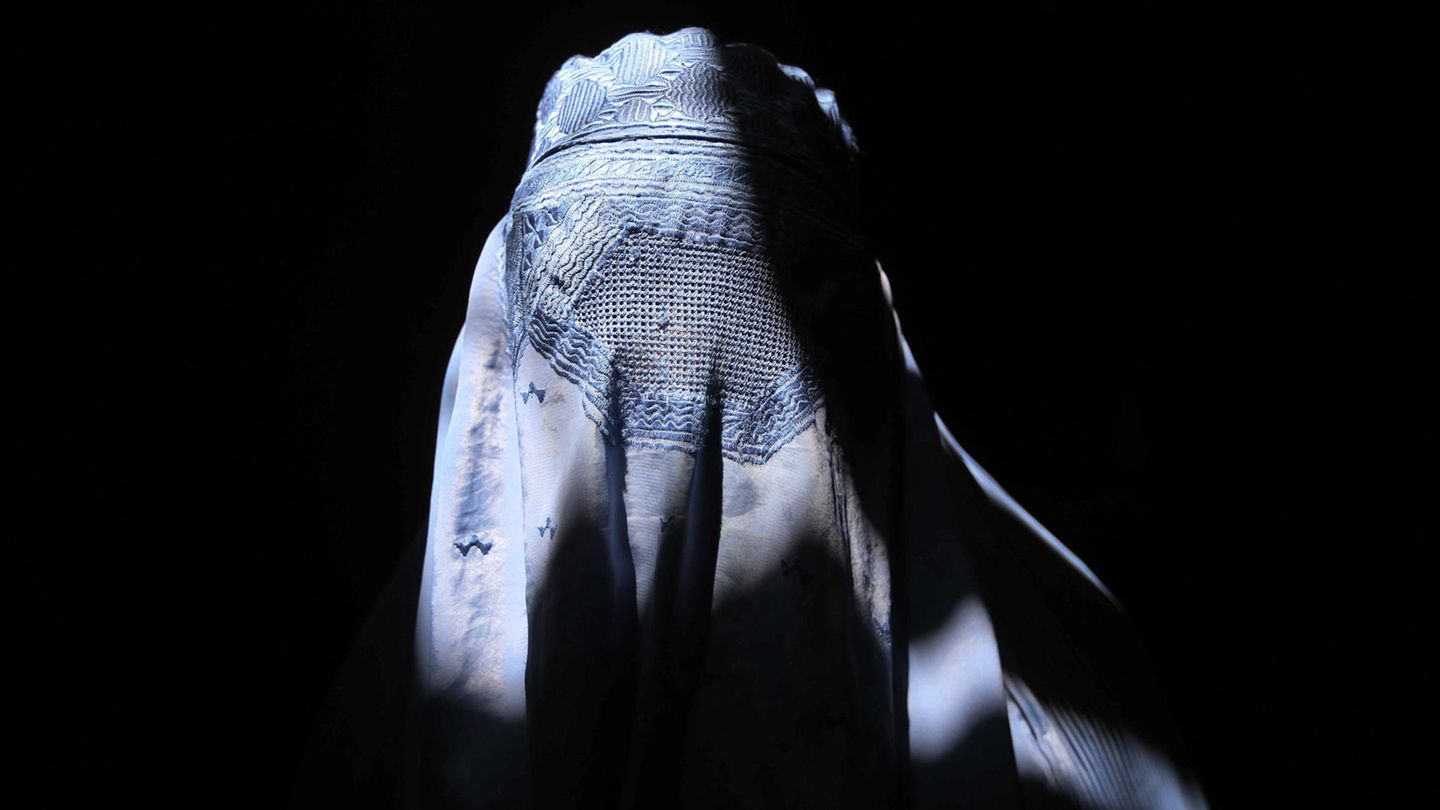Many women in Afghanistan are rebelling against Taliban oppression – with nothing but their voices.
An Afghan woman sings in a video, only a tiny part of her face is visible: She and dozens of other women are taking part in an online protest against the “virtue” law of the radical Islamic Taliban in Afghanistan, which prohibits women from letting their voices be heard in public. In response, Afghan women at home and abroad have published videos of themselves singing on online networks.
Women in Afghanistan raise their voices
The women published the recordings under hashtags such as “My voice is not forbidden” and “No to the Taliban”. Former police officer Sala Sasai, who now lives in Poland, shared a video in which she sings a song by the well-known singer Arjana Sajeed about the resilience of Afghan women. The restrictions on Afghan women are “unacceptable”, said Sala Sasai.
Experiences of violence in Afghanistan
The war in the head
“Afghan women have realized that misogynists can no longer deny our human rights in the name of religion and culture,” Sasai said. “And our voices demanding our rights will never be silenced.”
In another video, reportedly shot in Afghanistan, a woman dressed head to toe in black with a veil over her face is shown. “You have silenced my voice for the foreseeable future (…) You have imprisoned me in my home for the crime of being a woman,” the woman says.
Protests against the Taliban
In other footage, groups of activists raise their fists or tear up photos of the Taliban’s supreme leader, Hibatullah Akhundsada, who rules Afghanistan by decree from the southern city of Kandahar.
The “Virtue” law further expands the power of the morality police to monitor the code of conduct issued by the Taliban, which is based on Islamic Sharia law. Among other things, it stipulates veiling requirements for women and a ban on homosexuality. Among other things, it stipulates that “Muslim women are obliged to cover their faces and bodies” when they are in the presence of men who are not directly related to them.
Specifically, it also states: “If an adult woman has to leave her house for an urgent reason, she is obliged to cover her face and body and ensure that her voice is not heard.” The law describes women’s voices as “aurat” – in Sharia law, this refers to the intimate parts of men and women that must be covered.
The Taliban have drawn sharp international criticism for the law. Taliban chief spokesman Sabihullah Mujahid said the criticism of the law showed “arrogance” and a false understanding of Sharia law.
Source: Stern
I have been working in the news industry for over 6 years, first as a reporter and now as an editor. I have covered politics extensively, and my work has appeared in major newspapers and online news outlets around the world. In addition to my writing, I also contribute regularly to 24 Hours World.




